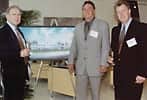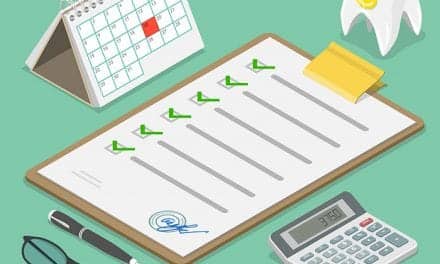Cutting Edge Policies For Cutting Edge Medicine

The Centers for Medicare & Medicaid Services (CMS), although it is a nationwide agency, is actually outsourced to local insurance companies in each area or state. So, for example, Penny Pincher Healthcare (PPH) may be administering sleep services for CMS in your area. Thus, PPH may have local policies affecting sleep medicine that are not on a nationwide level. A quick trip to your local CMS Web site is always worth checking out for your state (www.cms.gov).
The next issue surrounded sleep studies (95806-unattended or 95807-attended by a technologist requiring three or more parameters of sleep other than sleep staging), not polysomnography. It was reported that originally CMS was reluctant to create this code as it was thought to be unnecessary and that reimbursement for it was rare; however, when we talked to doctors about attended and unattended at-home sleep studies, there was reimbursement (by CMS and other managed care organizations [MCOs]) and there were differences by state—reimbursement between $150 and $220 for an unattended study and $350 and $450 for an attended study.
We found several facilities that were looking at some of the newer at-home technologies to help supplement their sleep centers. For example, we see laboratories that perform only continuous positive airway pressure (CPAP) titration in their laboratory and have ambulatory monitoring devices for diagnosis. This can be a way of increasing the number of beds a center has without increasing the cost of full acquisition equipment. Patients seem less likely to not show up for the treatment portion of a study once they realize they have a life-threatening diagnosis.
CMS recently stated that they will not reimburse for a CPAP machine unless full nighttime polysomnography with CPAP titration is performed in the laboratory setting. There still needs to be further clarification on whether the diagnosis of obstructive sleep apnea can be made in the home and a CPAP titration can be performed in the laboratory. Anything can be contracted with individual MCOs, and there are several at-home devices that appear both valid and reliable.
Another hot topic of debate was the anticipated changes in expense values for sleep services in 2003. All services are based on a relative value units schedule, which is made up of several aspects including expenses. If these expenses are reduced, the fee for service will be reduced. It appears that we will not know until November how much these values will change.
Michael J. Breus, PhD, ABSM, is senior partner and founder of The Sleep Center Management Institute, Atlanta; www.sleepcentermanagement.com; and a member of Sleep Review’s Editorial Advisory Board.





